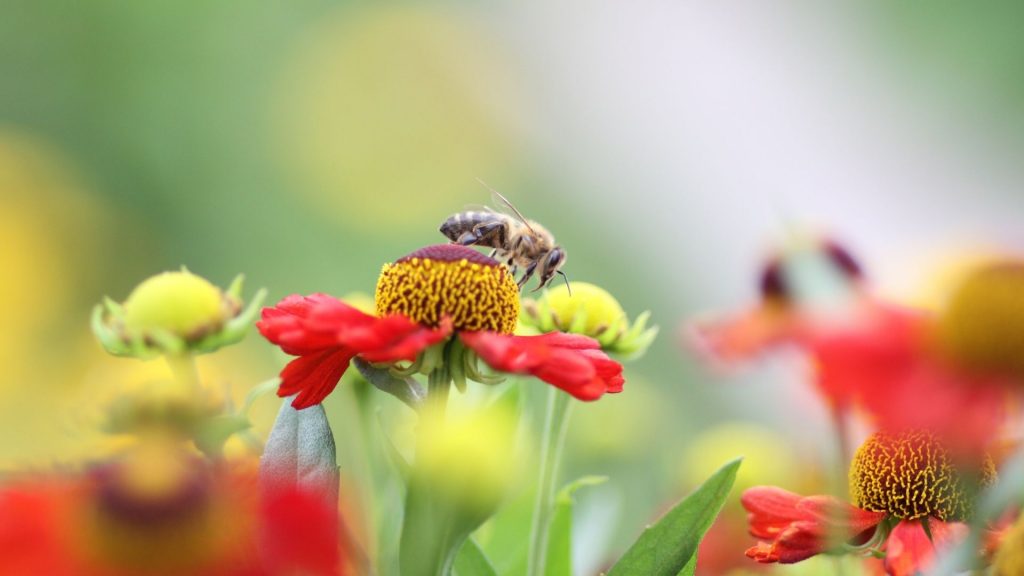How to cultivate well-being in the face of adversities?

People around the world are still trying very hard to get back to normal life in the face of the pandemic. Due to the recent reduction of confirmed cases in Hong Kong, more and more people are resuming activities that they used to enjoy. For instances, people are going back to the gym and yoga classes, and organising physical social group gatherings. In fact, some people may feel stuck as they are bothered by the difficulties arose from the pandemic, such as unemployment or significant decrease in income. As a result, they may be unable to resume some activities they used to enjoy. How can this group of people cultivate well-being in the face of their current adversities?
Research in positive psychology suggested that Positive Activity Intervention (PAI) was found to improve happiness and in turn increase one’s well-being. PAI refers to the performance of activities that mirror the thoughts and behaviours of those people who are happy in general, that is, having a happy trait. In general, these activities can be administered by oneself. These activities are relatively brief and easy to administer.
One of the PAIs is to write letters of gratitude. We can spend around 10 minutes to write a letter to those who had been kind to us. We write in details what the person had done and how it had affected our lives. In the end, we can either share the letter with that person or we can choose not to share. Research showed that by writing letters of gratitude, people’s happiness increased. In fact, gratitude is one of the elements of cultivating well-being in the long run.
Another similar PAI is to count one’s blessings regularly. It is beyond dispute that counting one’s blessings leads to positive emotions and increase in our well-being. However, the dosage of doing this is important for the cultivation of well-being. Research showed that those who count their blessings once a week for six weeks benefited more in positive emotions than those who count their blessings three times per week. It is because performing a PAI too many times per week may cause stress and reduce its benefits.
Performing act of kindness is also one of the PAIs that is proved to be beneficial for our well-being. We all have experiences of feeling good after helping our friends or even strangers. In fact, performing act of kindness to oneself and others both are beneficial. By being kind to oneself, we soothe ourselves when we feel upset or distressed. We may also give ourselves good treat for pampering when we face stressors or after hard work. Being kind to others generates good feelings in ourselves because we may receive gratitude from the recipient of our good deed or may feel happy by simply seeing the recipient’s happiness.
Mindfulness meditation is another PAI that is proven to be effective for cultivating our well-being. Through meditation, we cultivate an attitude of living in the present moment without judgment and with curiosity. This is important for us to obtain peace of mind and as a result increase our well-being. In fact, research showed that mindfulness practice could reduce our stress level and improve our attention and concentration. As a result, our overall well-being will be enhanced due to the improvement in various domains in our lives, such as work, relationship, and health.
Even though we all face adversities in the face of the pandemic, we can still cultivate our well-being through practicing the above PAIs. With intention to cultivate a life with happiness, peace and good health, we can have more inner strength to face whatever difficulties are ahead of us.



